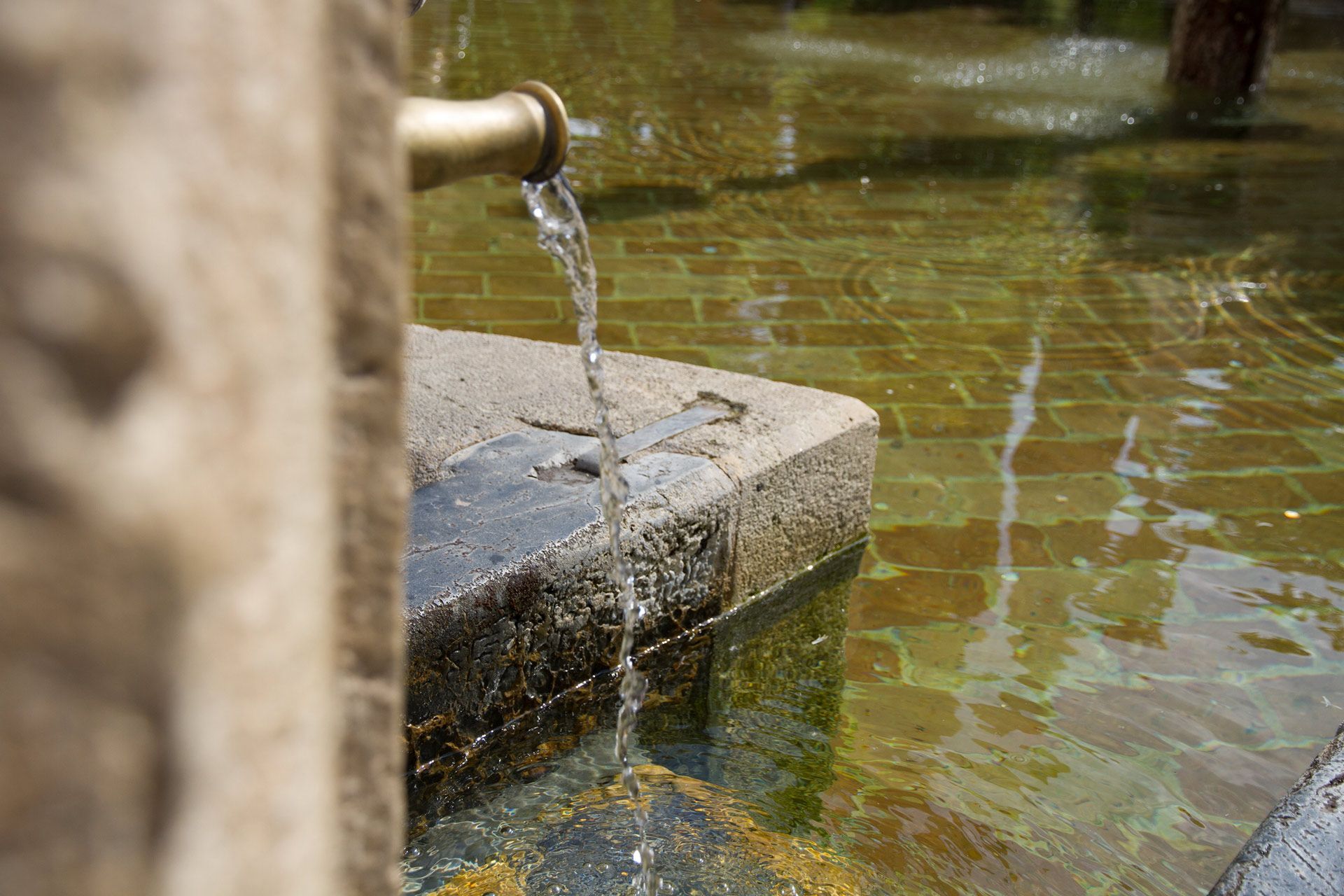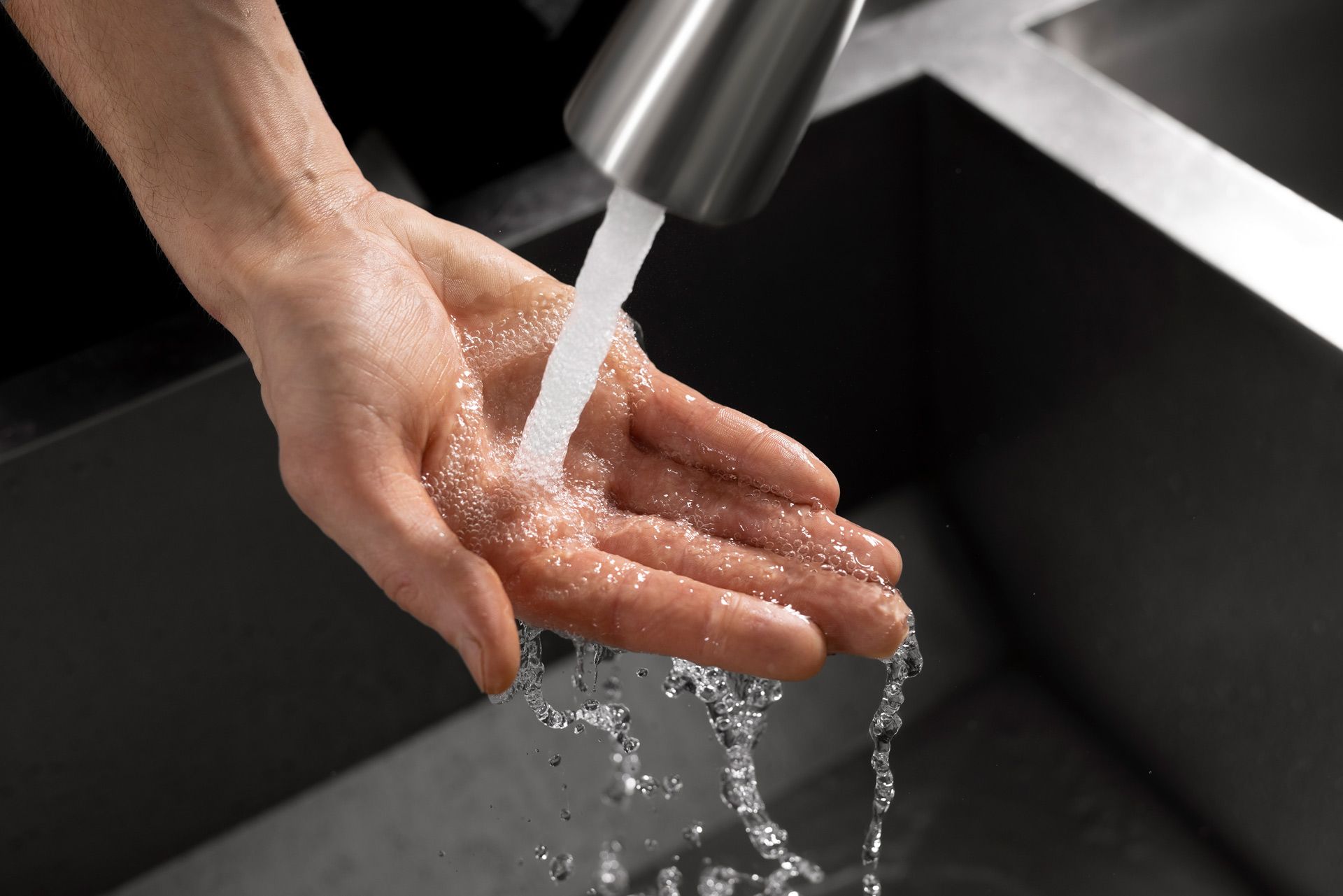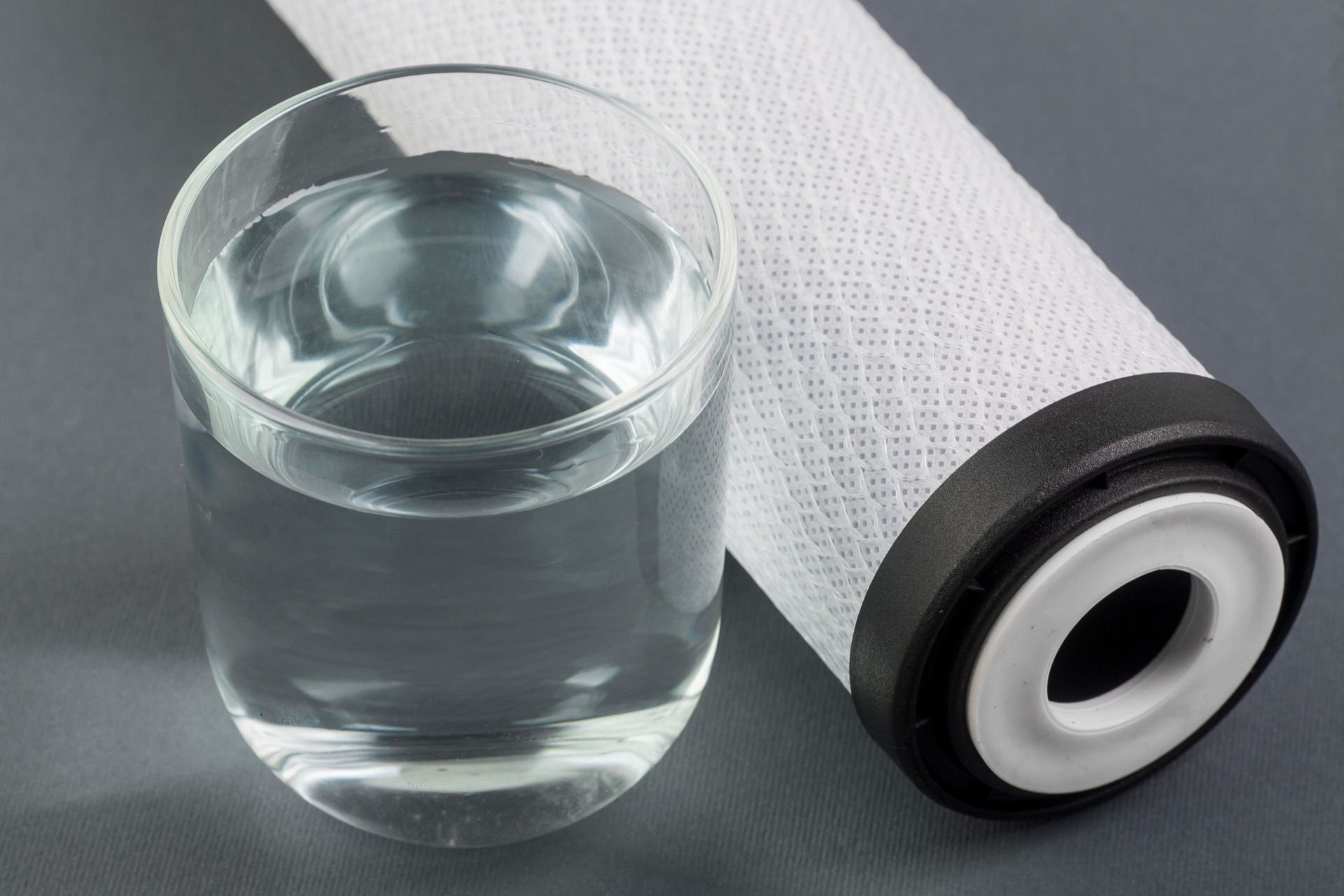Why Iron and Manganese Removal Is Crucial for Brownsburg Homes
November 16, 2025
Introduction
If you’ve noticed orange stains in your sinks or tubs, or black specks in your water, you’re not alone. Many homes in Brownsburg and across Hendricks County deal with elevated levels of iron and manganese in their water. While these minerals are naturally occurring, they create serious problems for your plumbing, appliances, and even your health if left untreated.
This blog explains why removing iron and manganese is essential for Brownsburg households, how these minerals affect water quality, and what steps you can take to protect your home.
Understanding Iron and Manganese in Water
Iron and manganese are minerals found in Indiana’s soil and groundwater. They enter the water supply through natural deposits and can dissolve into well water or municipal systems.
Why they matter
Iron and manganese may not seem harmful at first glance, but their effects are far-reaching:
- Staining: Iron causes reddish-brown stains on fixtures, laundry, and dishes, while manganese leaves black or dark brown spots.
- Taste and odor: High levels of iron give water a metallic taste, and manganese can create a bitter flavor. Both can cause foul odors when water is heated.
- Health concerns: While not typically dangerous in small amounts, high concentrations of manganese have been linked to potential neurological issues, especially in children.
- Plumbing and appliance damage: Iron and manganese buildup can clog pipes, damage water heaters, and reduce the lifespan of dishwashers, washing machines, and coffee makers.
In Brownsburg, these problems are more common due to the mineral-rich groundwater that supplies many homes.
How to Remove Iron and Manganese from Your Water
Homeowners in Brownsburg have several effective options for managing and removing iron and manganese. The right solution depends on your water test results and household needs.
Steps to take
To effectively control iron and manganese in your water, follow this process:
- Test your water – A professional water test will measure iron and manganese levels and identify whether they are dissolved (ferrous) or oxidized (ferric).
- Choose the right treatment system – Depending on your results, options include:
- Water softeners (effective for low to moderate dissolved iron and manganese)
- Oxidation and filtration systems (for higher concentrations)
- Specialty filters (to remove stubborn manganese or iron bacteria)
- Install whole-home treatment – Point-of-entry systems ensure every tap in the house receives clean, clear water.
- Maintain your system – Regular salt refills, filter changes, and annual service appointments keep treatment working effectively.
- Re-test periodically – Seasonal and environmental changes can alter mineral levels, so testing once or twice a year is recommended.
By following these steps, Brownsburg homeowners can ensure safe, stain-free water year-round.
FAQs on Iron and Manganese in Water
Why does my water leave rust-colored stains?
Rusty stains are usually caused by dissolved iron in the water, which oxidizes when exposed to air.
Is manganese in drinking water harmful?
In high concentrations, manganese can pose health risks, particularly to young children. Professional treatment removes it to safe levels.
Can a regular water softener remove iron?
Yes, but only if the iron is in low amounts and dissolved. For higher levels, a dedicated iron filter is usually required.
How do I know if I have iron bacteria?
If your water smells like rotten eggs or you see slimy buildup in toilets and tanks, iron bacteria could be present.
What’s the difference between iron and manganese in water?
Iron typically causes reddish stains and metallic taste, while manganese leaves dark stains and can cause black sediment.
Conclusion
Iron and manganese are two of the most common water quality issues for Brownsburg homeowners. While naturally occurring, they can cause significant damage to plumbing, appliances, and water quality if not treated properly. The good news is that with modern water softening and filtration systems, these issues can be solved effectively and permanently.
For families in Brownsburg and across Central Indiana, investing in professional water treatment means cleaner water, fewer stains, longer-lasting appliances, and greater peace of mind.











